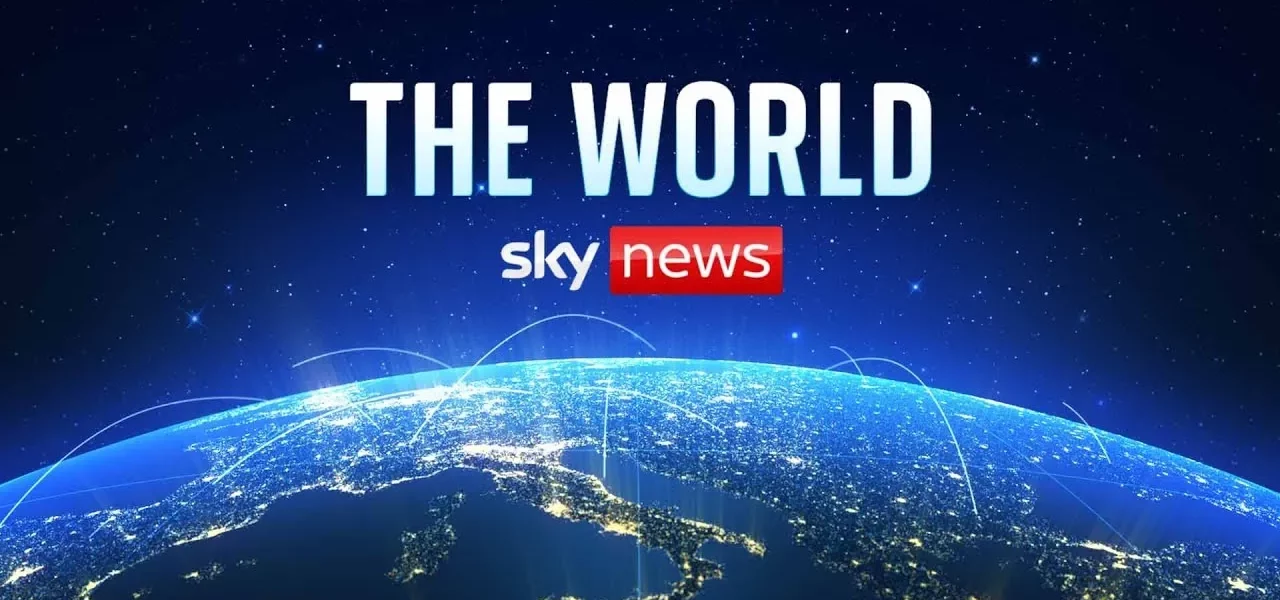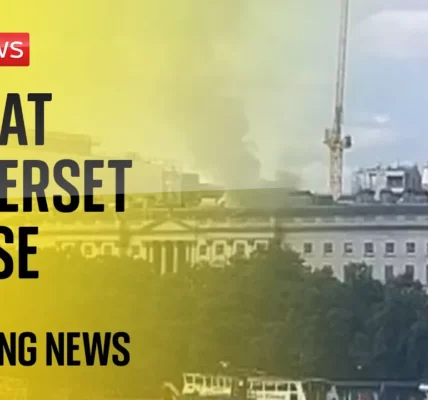More Deadly Blasts Hit Lebanon as Israel Declares New Phase of War

This article delves into the recent tragic events in Lebanon, where multiple explosions have caused significant casualties and heightened tensions in the region. We explore the implications of these incidents on the ongoing conflict between Israel and Hezbollah, the international response, and the humanitarian impact on civilians.
Introduction
In recent days, Lebanon has witnessed a series of devastating explosions that have left the nation in shock and mourning. As the country buried its dead from a previous attack, another wave of violence erupted, claiming more lives and injuring hundreds. This escalation occurs amidst a backdrop of growing tensions in the Middle East, with Israel signaling a new phase in its military operations. This article aims to provide an in-depth analysis of the events, their causes, and their potential implications for regional stability.
The Explosions: A Timeline of Tragedy
The recent explosions in Lebanon began with thousands of pagers detonating across the country, resulting in the deaths of at least 12 individuals and injuring thousands more. This was followed by the catastrophic explosion of hundreds of walkie-talkies, leading to an increase in the death toll to 20 and over 400 injuries.
Casualties and Emergency Response
The aftermath of these explosions has placed enormous pressure on Lebanon’s healthcare system. With approximately 90 hospitals on emergency alert, medical personnel are working tirelessly to treat the influx of casualties, many of whom suffer from severe injuries, including amputations and traumatic wounds.
Public Reaction and Fear
The public response has been one of fear and outrage. Witnesses reported chaos as the explosions unfolded in public spaces, including marketplaces and funerals. The Lebanese Army was deployed to maintain order as mourners gathered, reflecting a pervasive sense of anxiety among civilians about their safety.
Hezbollah’s Response and Regional Implications
In the wake of these attacks, Hezbollah, designated a terrorist organization by the US and UK, has vowed to retaliate. The group faces significant pressure as its communication networks have been compromised, leading to concerns about its operational capabilities.
Strategic Shifts for Israel
Israeli leaders have not publicly acknowledged their involvement in the explosions; however, the Prime Minister’s statements suggest a strategic shift in military focus towards Hezbollah’s stronghold in the north. This change indicates a potential escalation of hostilities and a new phase in the ongoing conflict.
International Reactions and Humanitarian Concerns
International human rights organizations have condemned the attacks, emphasizing the indiscriminate nature of the violence that has primarily affected civilians. The UN Secretary-General has called for accountability and adherence to international humanitarian law, stressing that civilian objects should never be weaponized.
- UN condemnation of the explosions
- Calls for ceasefire and humanitarian aid
- Increased international scrutiny on military actions
The Role of Technology in Modern Warfare
The use of everyday devices as weapons highlights a concerning trend in modern warfare. Experts suggest that the pagers and walkie-talkies were likely tampered with prior to distribution, showcasing vulnerabilities in supply chains and the potential for civilian technology to be repurposed for violence.
Supply Chain Vulnerabilities
Investigations into the manufacturing origins of the devices have revealed a complex web of companies, raising questions about how such technology fell into the hands of militant groups. This incident underscores the need for stricter regulations and monitoring of technology used in conflict zones.
Conclusion
The recent explosions in Lebanon mark a significant escalation in the ongoing conflict and raise urgent questions about regional stability. As international actors respond to the crisis, the humanitarian impact on civilians remains a critical concern. Moving forward, it is imperative to seek diplomatic solutions and ensure accountability for the violence that has plagued Lebanon and its people. The world must remain vigilant and proactive in addressing the complexities of this conflict.
Call to Action: Stay informed and engaged with the situation by following reputable news sources and supporting humanitarian efforts in the region.
“`




